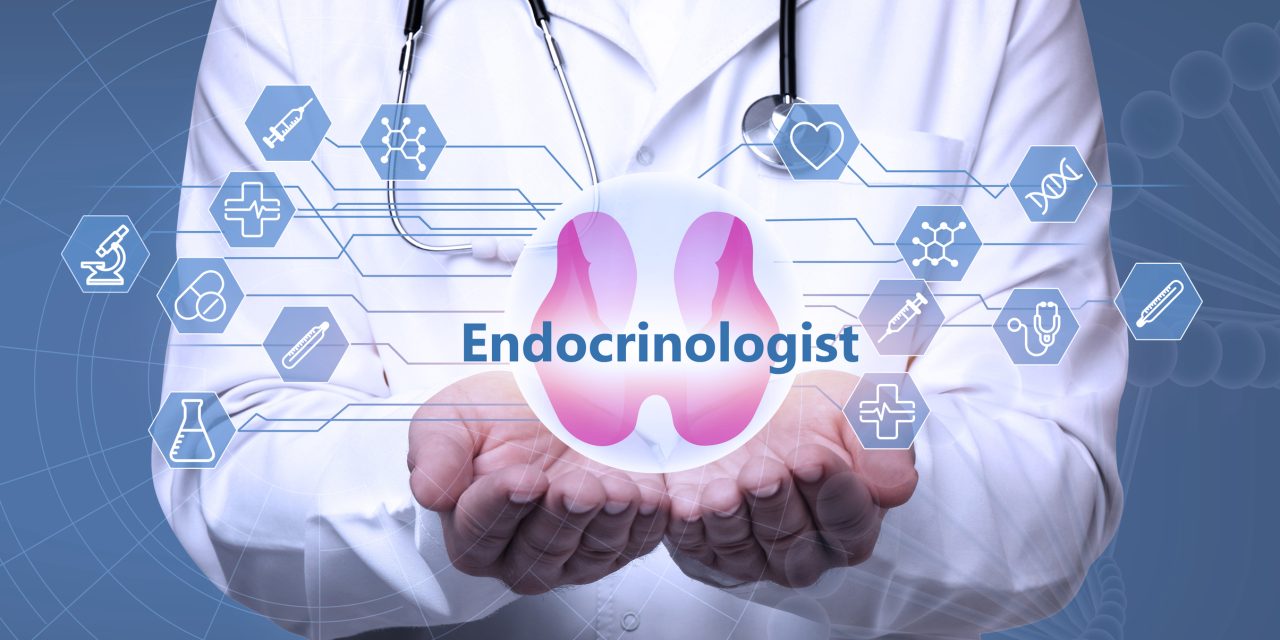Genitourinary syndrome of menopause (GSM) may affect up to 90% of menopausal women, including vulvovaginal atrophy (VVA), burning, pain, bleeding, irritation, dyspareunia, anorgasmia, and urinary symptoms. Vaginal symptoms from lack of estrogens can have a significant impact on the sexual health and quality of life (QoL) in as many as 50% of postmenopausal women. Several therapeutic alternatives, both hormonal and non- hormonal, have been proposed. Microablative CO2 laser is one of the three non-surgical energy-based therapies, with Erbium:YAG laser and temperature-controlled radiofrequency (RF). Microablative CO2 laser induces morphological changes in vaginal tissues and results of several clinical trials suggest that this type of laser improves symptoms of GSM. Moreover, this treatment seems to be safe. Given the increasingly widespread use of laser CO2 as a non-hormonal alternative treatment for GSM, the authors reviewed the current published literature evaluating this therapy, to compare efficacy and safety of different protocols.
Non-invasive treatment of vulvovaginal atrophy in menopause with CO2 laser.


